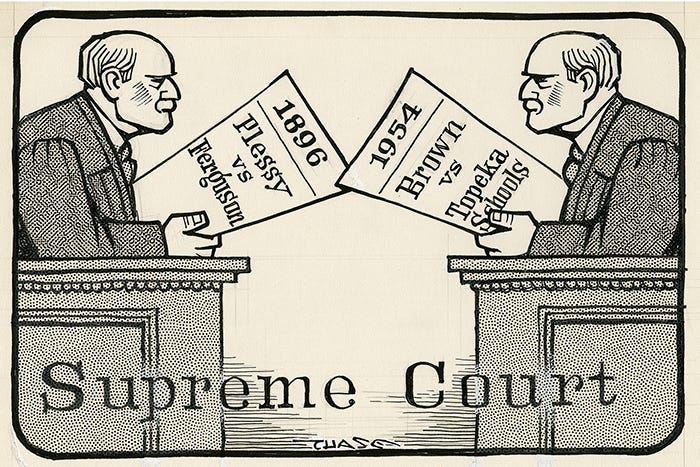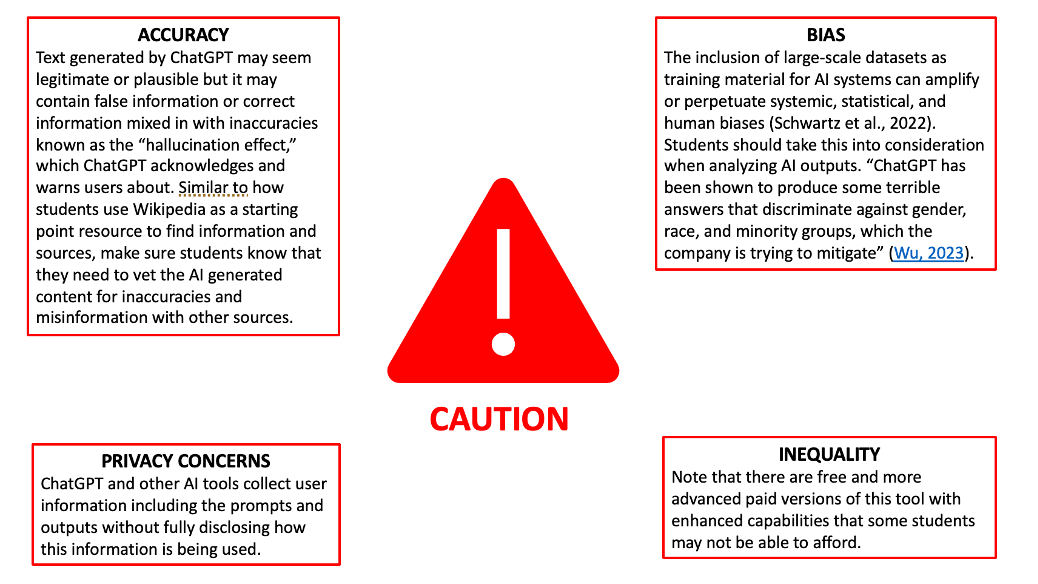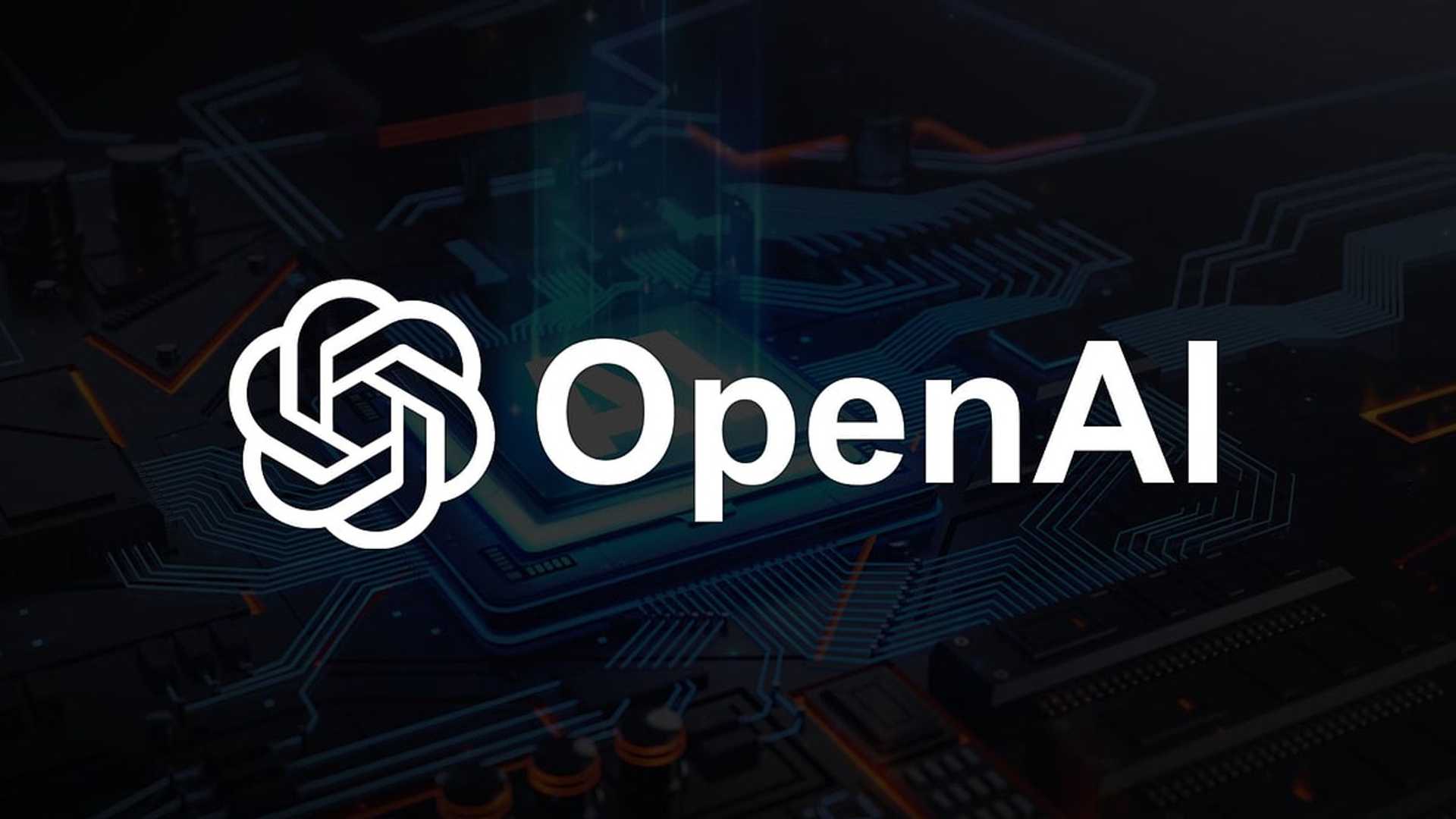US court dismisses defamation case against OpenAI over inaccurate ChatGPT output
A United States court recently dismissed a defamation suit against artificial intelligence company OpenAI, ruling that the tech firm cannot be held liable for erroneous text generated by its chatbot, ChatGPT. In an order issued on May 19, 2025, Judge Tiana P Garner of the Superior Court of Gwinnett County, Georgia granted summary judgment in favour of OpenAI LLC.
The Allegations
Radio host and gun rights advocate Mark Walters had alleged that ChatGPT defamed him by falsely stating that he was a plaintiff in a 2023 federal lawsuit involving the Second Amendment Foundation (SAF) and that he had been accused of financial misconduct. Walters, however, was not a party to the lawsuit, nor was he mentioned in the actual court filing.
The Incident
The allegedly defamatory output was generated on May 3, 2023, when Frederick Riehl, editor of the pro-Second Amendment website AmmoLand.com, used ChatGPT to summarise a press release and legal complaint filed by the SAF against Washington Attorney General Bob Ferguson. Riehl, who was also a member of SAF’s board at the time, pasted excerpts of the Ferguson complaint into ChatGPT, which the system summarised accurately.  However, when he later provided a URL to the complaint and asked ChatGPT to summarise it, the chatbot responded with a fabricated summary naming Walters as a plaintiff.
However, when he later provided a URL to the complaint and asked ChatGPT to summarise it, the chatbot responded with a fabricated summary naming Walters as a plaintiff.
The Court's Ruling
The court found that ChatGPT had provided multiple warnings about potential inaccuracies and that OpenAI had taken reasonable care in designing and releasing the chatbot. The judge emphasized that the output was never disseminated, therefore not meeting the publication requirement for a defamation claim.
OpenAI argued that the challenged ChatGPT output does not communicate defamatory meaning as a matter of law, a point with which the court agreed. The judge rejected the notion of holding OpenAI liable simply for operating a system capable of errors, noting that Walters did not incur actual damages. 
In conclusion, the court determined that the challenged output does not communicate defamatory meaning as a matter of law, leading to the dismissal of the case against OpenAI.
Read Judgment
A United States court recently dismissed a defamation suit against artificial intelligence company @OpenAI, ruling that the tech firm cannot be held liable for erroneous text generated by its chatbot, ChatGPT. The court emphasised that ChatGPT had provided multiple warnings. pic.twitter.com/i10S7YEChs




















